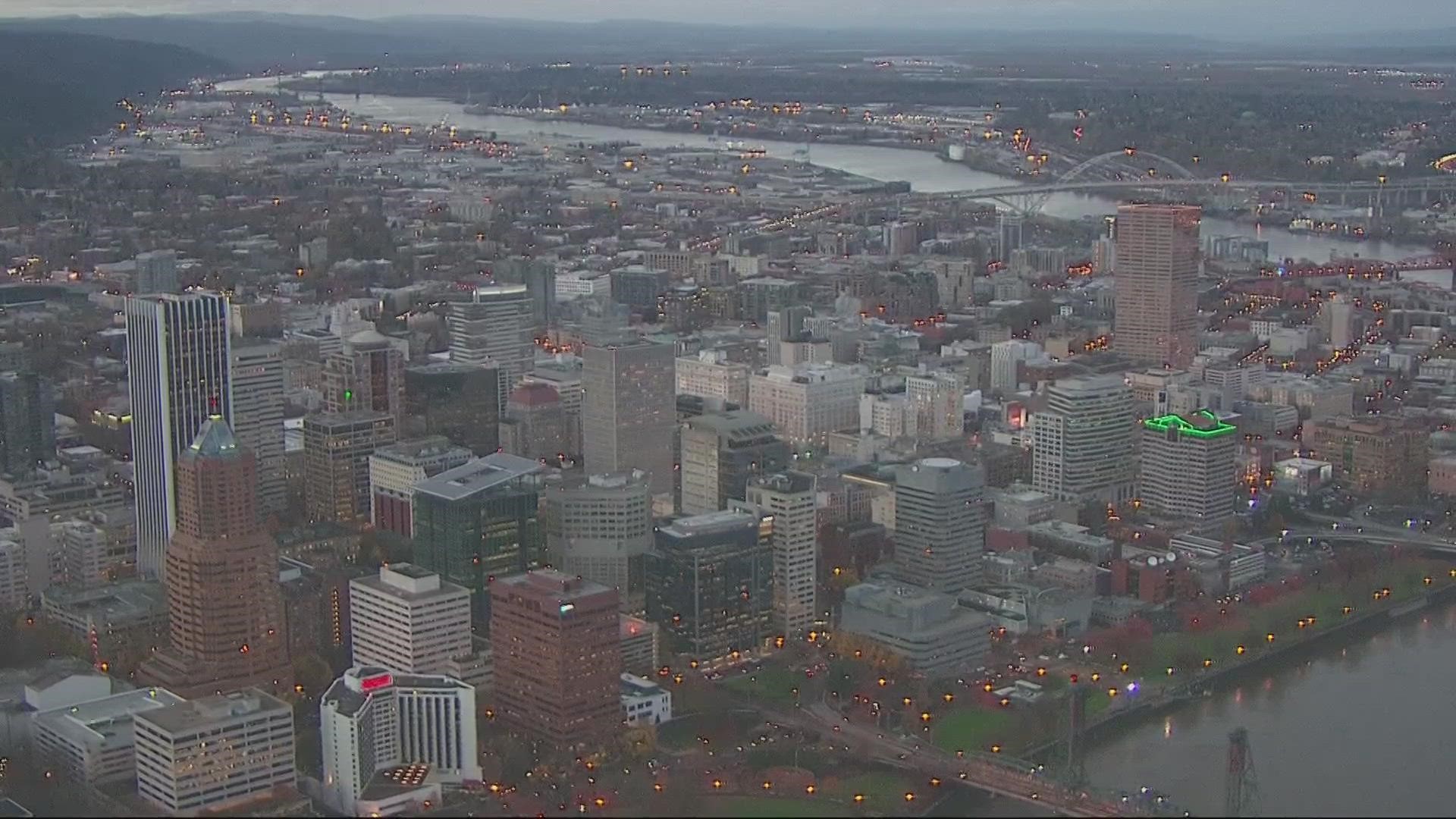PORTLAND, Ore. — About 1,700 buildings have already collapsed during or after Monday's magnitude 7.8 earthquake in Turkey, and more damage is expected as aftershocks continue.
The damage is a stark reminder of the impact expected from the next catastrophic earthquake in the Pacific Northwest. The Cascadia Subduction Zone off the Pacific coast unleashes powerful earthquakes every 250 years on average, and the most recent one was in 1700.
Unreinforced masonry buildings are at the greatest risk of collapse during major earthquakes. Turkey passed updated building codes 20 years ago to make sure new construction was strong enough to survive, but many of the recent collapses have been older buildings that predated those rules.
Portland is in a similar position; modern building codes require seismic resiliency, but according to the city, there are about 1,600 older unreinforced masonry buildings in the region that wouldn't be able to withstand a major earthquake.
"A lot of those older buildings would not do very well in the big one, the (magnitude) 9.0 that we’re going to have here in the Pacific Northwest," said Scott Burns, a geologiest and professor at Portland State University. "That’s why we're getting new high schools and eventually (rebuilding) all of our grade schools in the Portland area and throughout Oregon."
Oregon does have a large amount of reinforced masonry buildings that could withstand a large earthquake, Burns noted, and some of the older structures that can't be reinforced from within are getting alternative upgrades, like an ongoing project to retrofit the state capitol building with foundation "base isolators" to absorb the seismic waves and keep the building on top from shaking.
The Pacific Northwest is due for a major earthquake, Burns added, so it's also important for individual residents to prepare by stocking emergency kits with food and water.

